Whether you’re trying to protect your food sources in a survival situation or just trying to avoid expensive veterinary bills, protecting your farm animals from disease in the winter is crucial. Disease can be catastrophic on a farm because it can rapidly spread and wipe out your entire herd.
Fortunately, there are several proactive steps that you can take to protect your animals and thus safeguard your food supply. You’ll note that many of them apply to avoiding human diseases as well, which is as it should be: some diseases may spread from animal to animal or even from animals to people.
Vaccinate – Though I’m not a huge fan of vaccination in many situations, there are some diseases that may warrant it. However, and this a BIG however, in a SHTF scenario, vaccines aren’t going to be available.
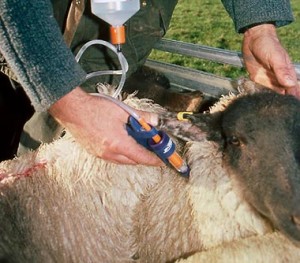
I just wanted to touch on them briefly as one means of keeping your animals healthy. Because there is such a wide range of vaccinations available based upon species and location, a full report of which vaccines to use for which animal is outside the scope of this post.
Handwashing and Sanitation – This is the biggest deterrent to disease, or at least the spread of disease, that you can practice. You need to wash your hands in between handling each animal and don’t touch your face before you do so.
Also, keep feed and water containers, milking equipment and anything else that comes into contact with your animals clean. Always sanitize them after use and prior to using them on different animals. Keep stalls clean and sanitized, too.
Have Quarantine Sheds or Areas – If an animal begins to exhibit any symptoms of illness, immediately quarantine it and keep it quarantined for at least one week. The quarantine area should be far enough away that the potentially sick animal cannot come into contact with other animals.
Also make sure that the water source isn’t shared. If other animals have been in contact with your suspected sick one, you should quarantine them separately from the sick one for a week to insure that they weren’t infected. As always, wash your hands before and after handling them.
If you purchase new stock, quarantine them for up to two weeks so that you can watch for any signs or symptoms of disease. This is a crucial way to protect your livestock from disease in the winter.
Quality Food Supplies – One of the best ways to protect your farm animals from disease in winter is to give them the nutrition that their immune systems need to stay strong and fight off illness. Make sure that your hay isn’t moldy and that the water is clean, fresh, and from a source that isn’t contaminated.
Adequate water prevents dehydration and is essential to a healthy immune system so you need to make sure that it doesn’t freeze.
Hay often lacks the nutrients that fresh grass carries so you may need to supplement with grain and minerals to make sure that nutrition is adequate. Also, animals burn more calories in cold weather so they’ll need more to eat and drink in order to stay fat and sassy through the winter months.
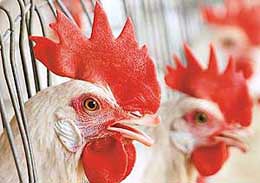 Provide Adequate Shelter – Extreme weather such as winter storms can stress animals, which decreases immunity to disease and slows milk and egg production.
Provide Adequate Shelter – Extreme weather such as winter storms can stress animals, which decreases immunity to disease and slows milk and egg production.
Also, frostbite and other cold-related conditions can cause infections that can reach the bloodstream and kill your animals.
Providing good shelter from the wind, snow, rain, and temperatures can head these concerns off at the pass.
Barns and sealed chicken coops are your best options but if you can’t manage that, at least provide 3-sided lean-to’s for your large animals and a shed for your chickens. Otherwise, you may find yourself milkless and eggless!
Practice Segregation – It’s great to talk to your neighbor over the fence, but letting your critters socialize in the same manner isn’t such a grand idea. You have no idea what those animals have been exposed to.
Also, there’s no guaranteeing that the livestock are going to share the same affection for each other that you and your neighbor do.
Nuzzling over fences is one of the fastest ways to spread disease from herd to herd. If the animals fight, injuries may occur that can lead to infection.
Neither scenario is great so put some space between your fences so that they can’t touch noses. If that’s not possible, keep your animals in a pasture that doesn’t adjoin the pasture that your neighbor’s critters are in.
In a SHTF scenario, protecting your farm animals from disease in the winter will be crucial to your own survival so you need to make it a priority. You may not feel like cracking ice out of water containers, cleaning stalls or washing your hands in the great frozen tundra that is your barnyard, but you have to in order to protect your animals, and thus your food supply. Bundle up, get going, and don’t skip steps!
Find out more about food independence in Pocket Farm.
This article has been written by Theresa Crouse for Survivopedia.

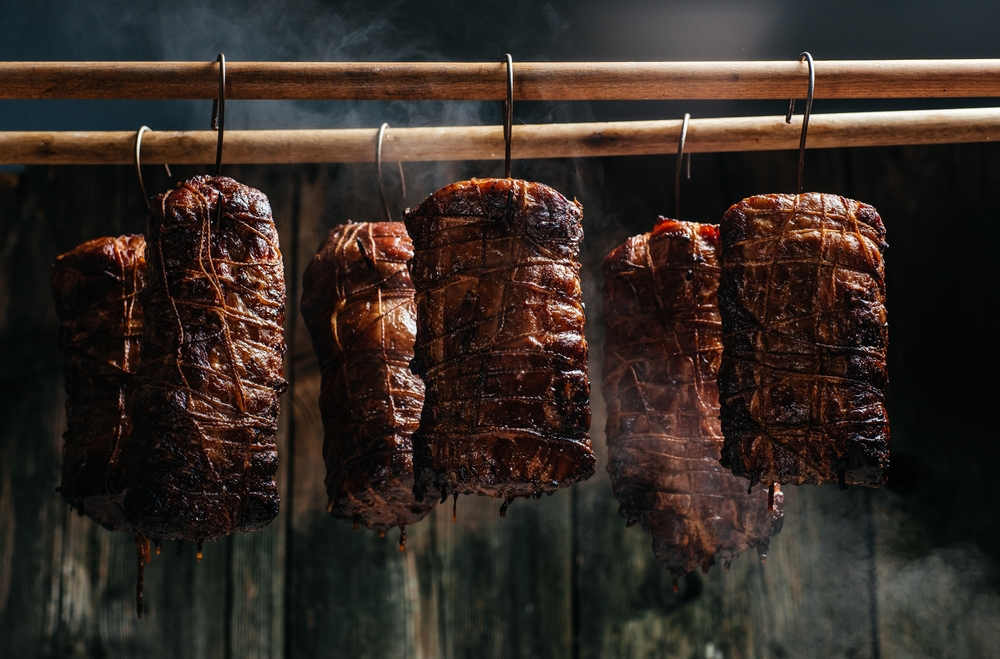

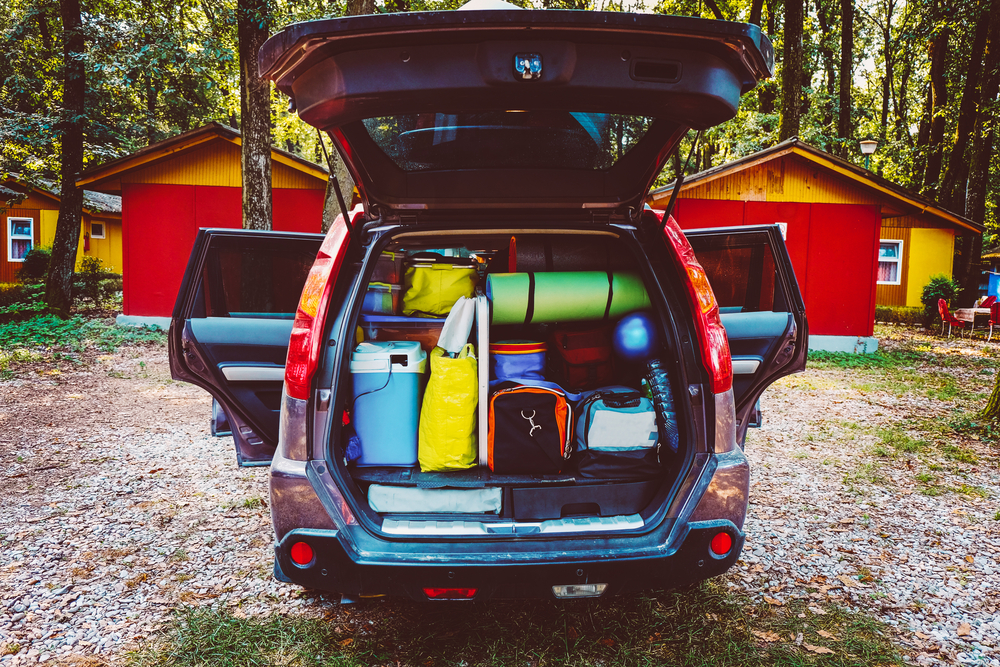
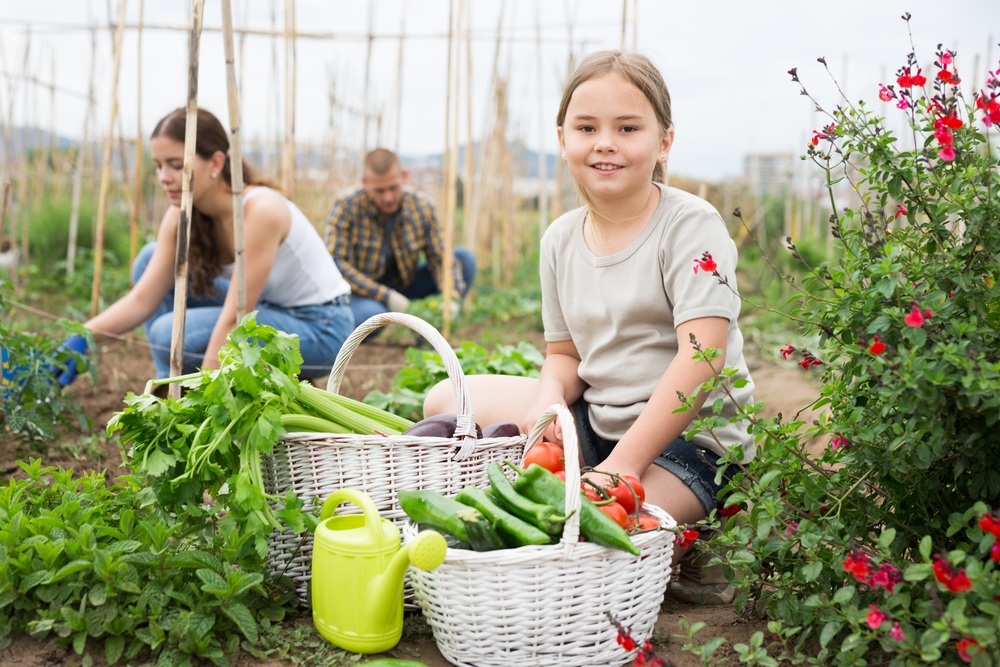

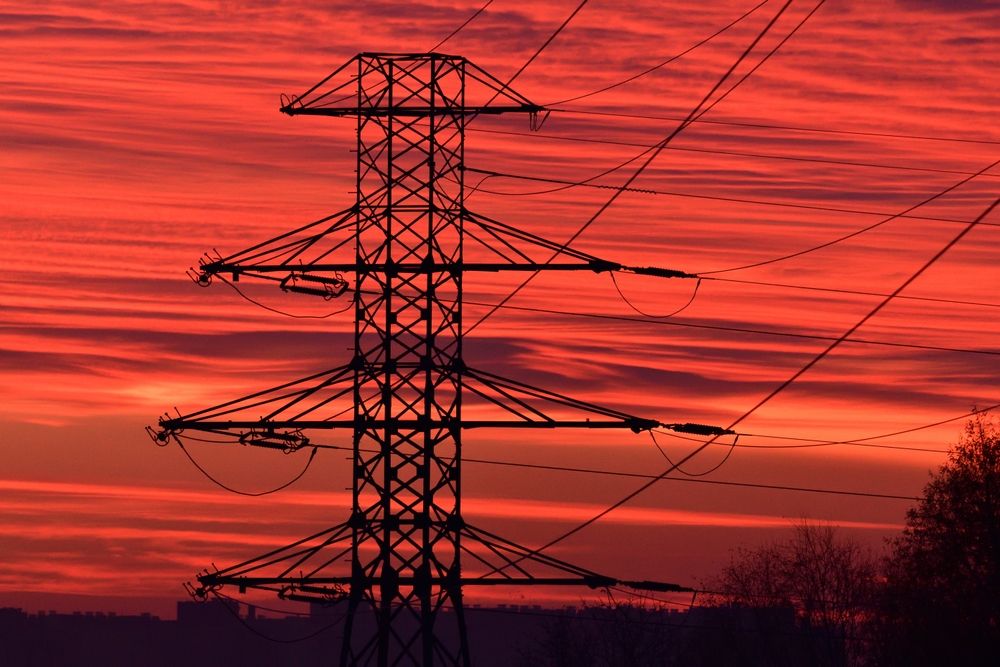













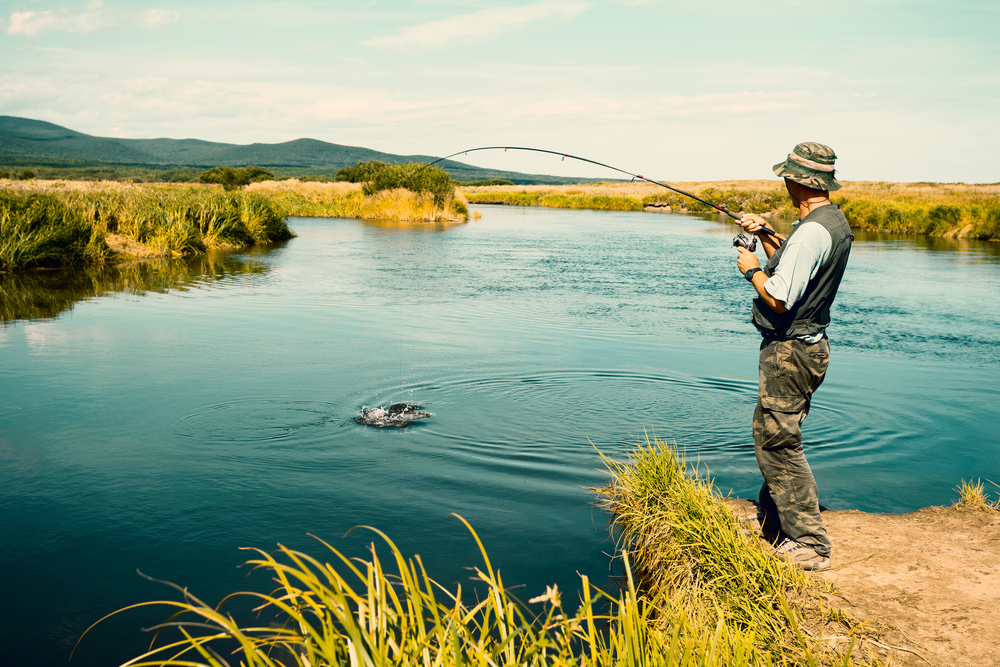
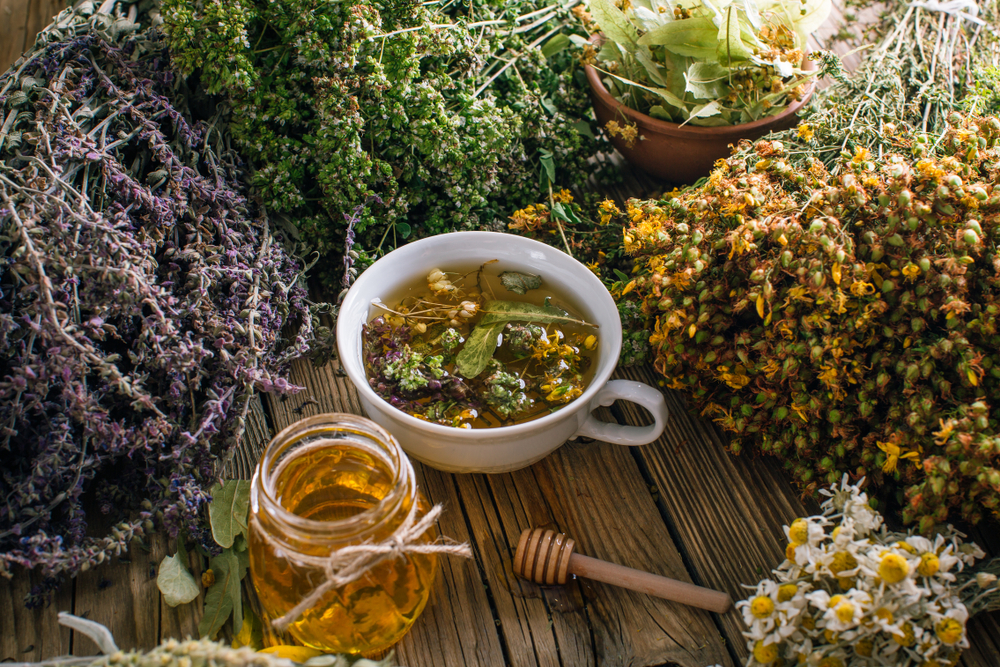
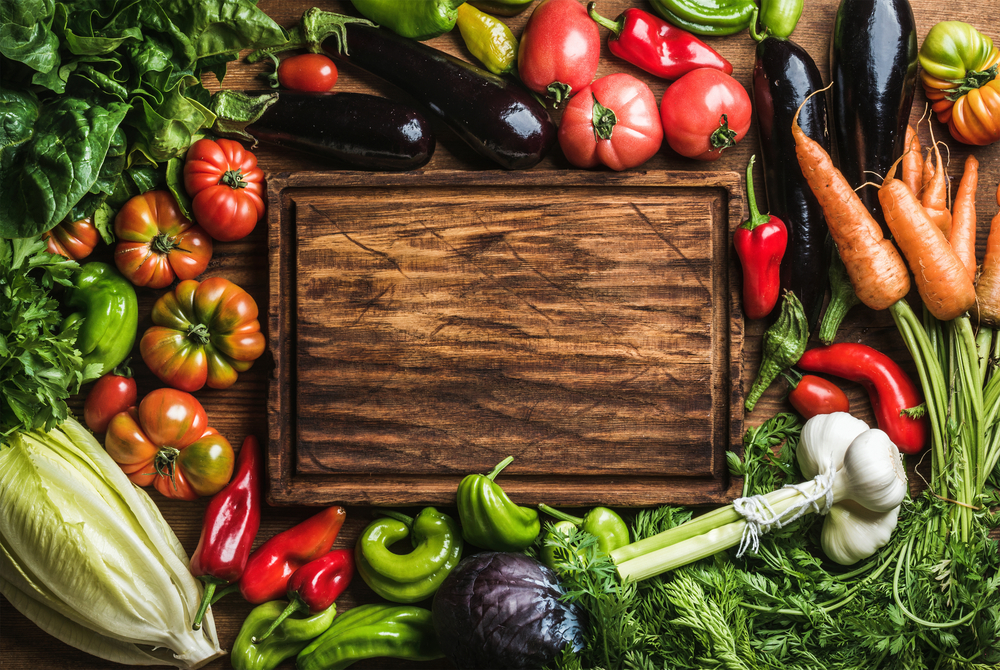
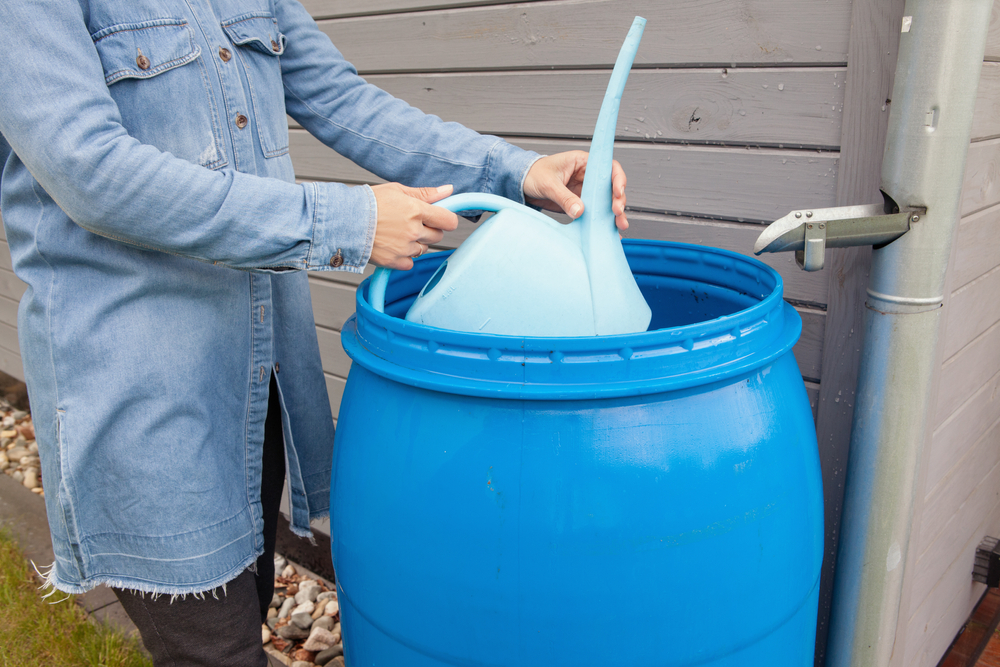
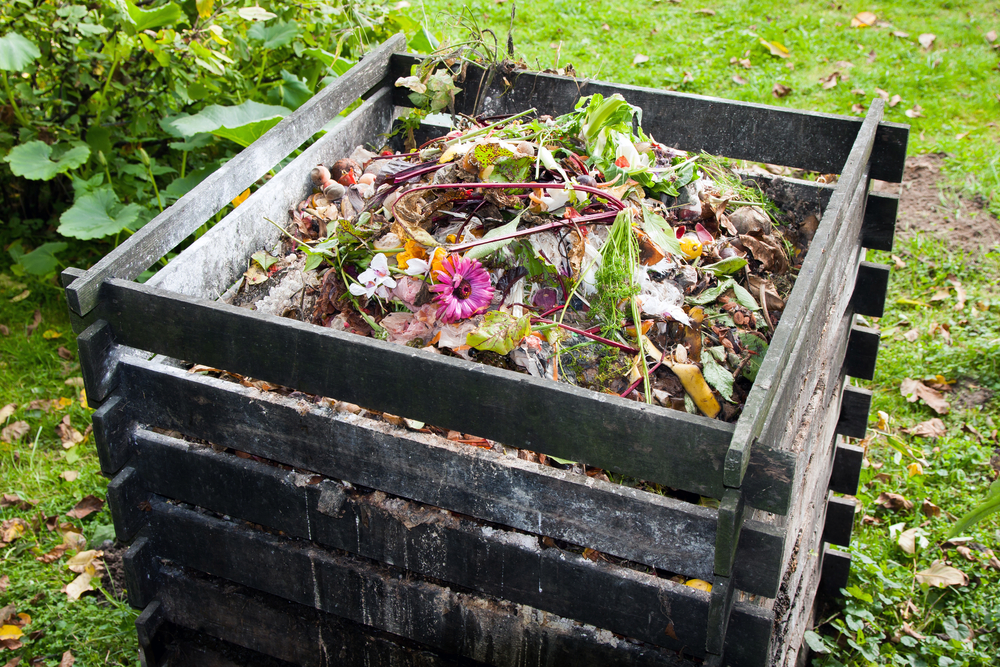
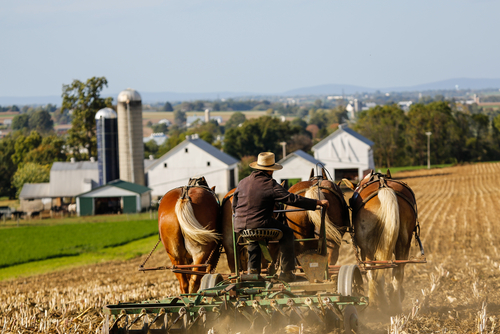
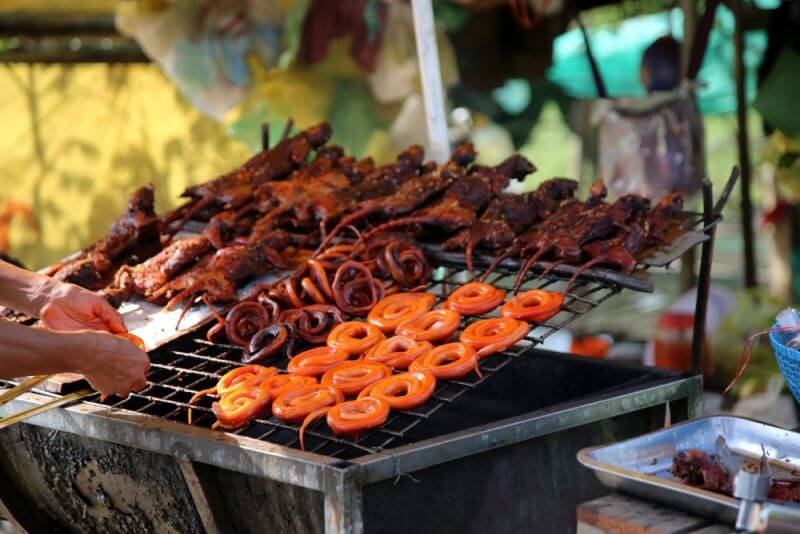

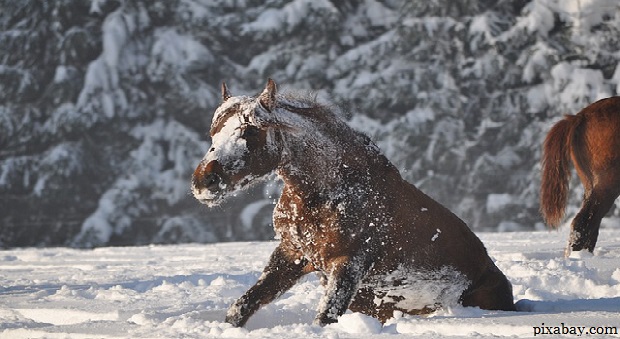






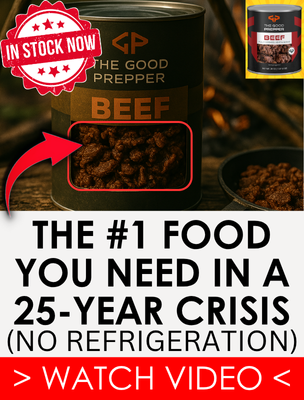
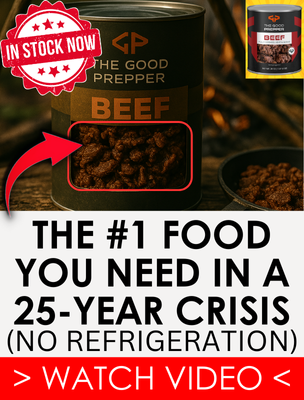




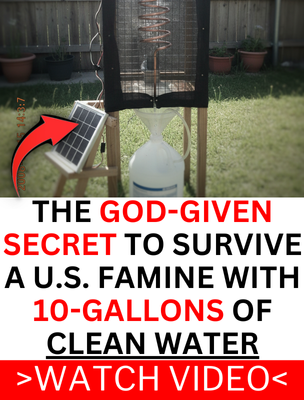



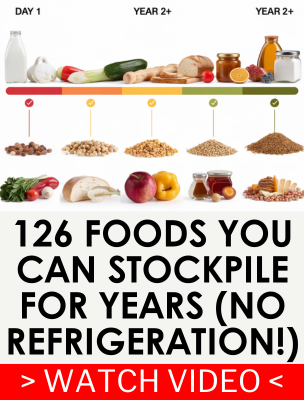
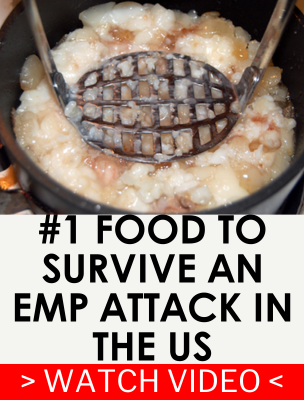



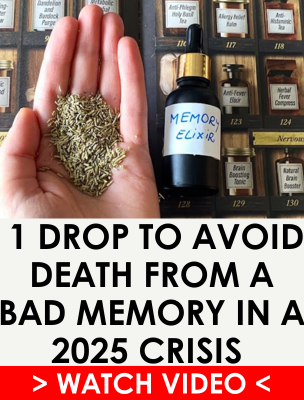




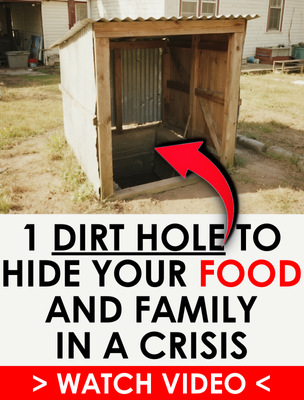


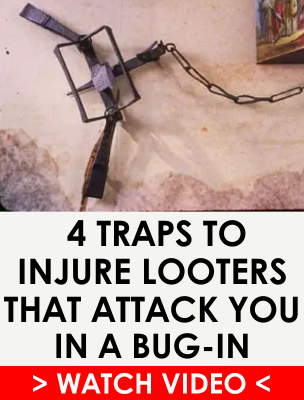

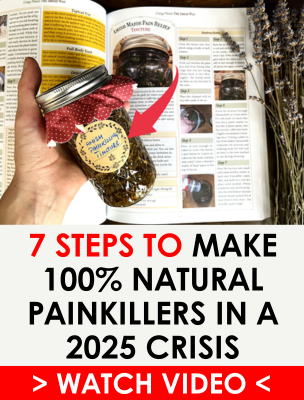





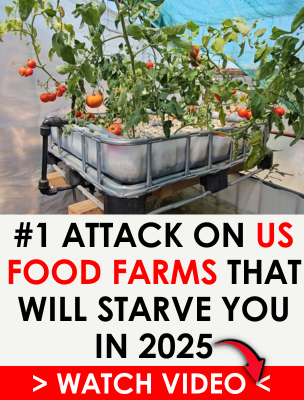
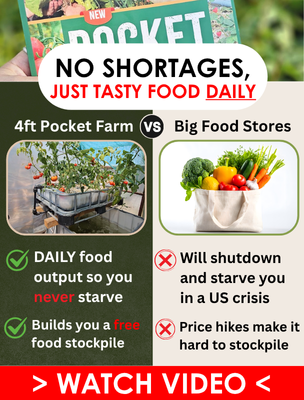


We are a group of volunteers and opening a new scheme in
our community. Your site provided us with valuable
info to work on. You have done an impressive job and our whole community will be thankful
to you.
What is biochar? It is some sort of charcoal but how is it used?